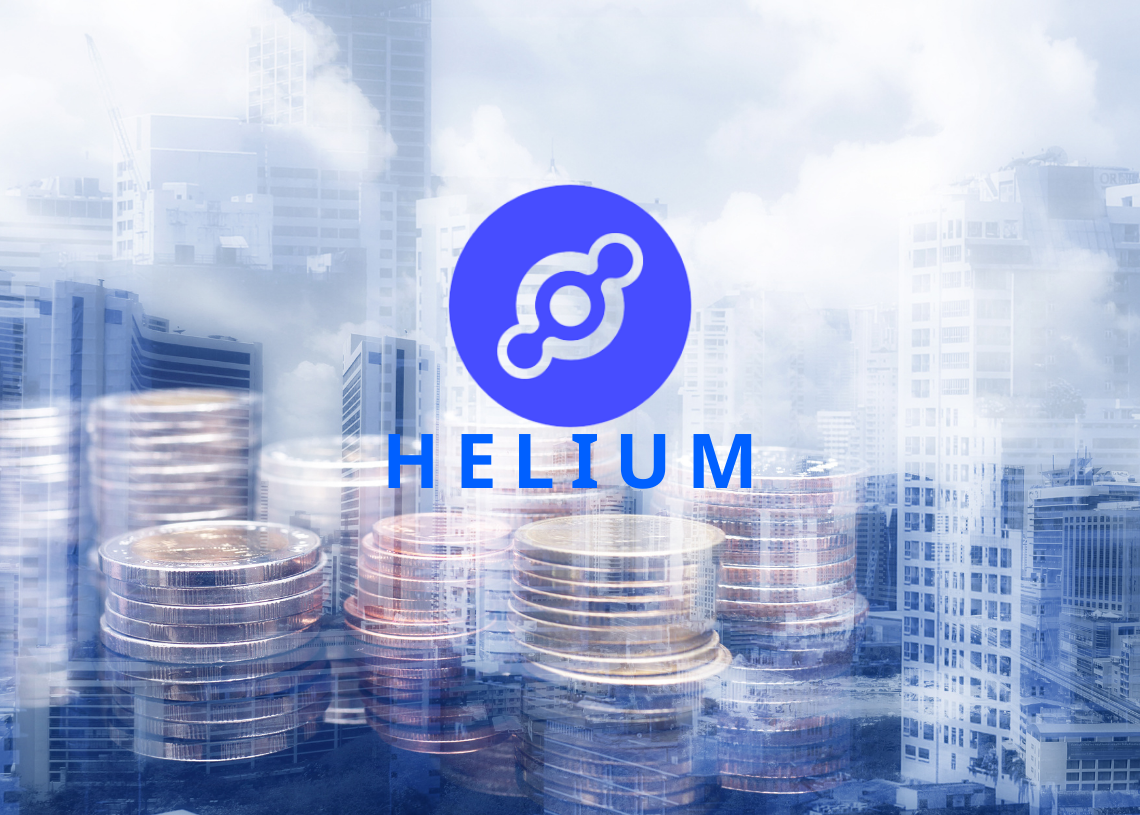The Helium Network protocol has announced that it will migrate onto the Solana blockchain and deploy Oracles on March 27 to streamline scalability and reliability.
On February 17, Helium’s blog post announced that there would be a 24-hour transition period on March 27. During the migration, Proof-of-Coverage, and data transfer activities will remain unaffected. Additionally, a team of community volunteers has been assembled to oversee this migration process effectively. According to Helium’s team:
“This upgrade will encompass all wallets, Hotspots, and Helium Network state and will take place over a 24-hour transition period commencing at approximately 1500 UTC / 10:00 AM ET.”
Helium Network team
📢 ATTENTION!
— Helium🎈 (@helium) February 17, 2023
The Helium Network is officially migrating to @solana on March 27th! Are you ready?
Ensure that you've migrated to the Helium Wallet app for a smooth transition. Keep Hotspots active and online to receive IOT tokens.
More in this thread🧵👇 https://t.co/rzk2xcBEJ0
After the chain halts, validators will cease to generate blocks, and transactions won’t be synced. To conclude this process, a final blockchain record will be created after all accounts and tokens have been transferred to Solana’s blockchain. Afterward, Hotspots shall be minted as non-fungible tokens (NFTs), according to the development team.
“Note that any rewards generated by Proof-of-Coverage activity in the prior 24 hours will be available to claim in your Helium Wallet after the transition period. Oracles will update claimable balances, and Hotspot Owners can use the new claim function.”
Helium Network team
Holders of the HNT and MOBILE tokens won’t have to do anything special to participate in the upgrade. The same goes for most Hotspot owners, though those who manage larger fleets may be able to test specific functionalities and create their own wallet solutions.
On September 22, the Solana community overwhelmingly approved HIP-70. However, developers celebrated this move as it will offer several benefits, such as increased native tokens for subDAO reward pools, improved mining efficiency, and reliable data transfer within the ecosystem. In the same month, Helium developers made another groundbreaking announcement: The network partnered with T-Mobile to develop a mobile service powered by crypto. Also, the partnership enabled users to earn rewards in cryptocurrency for sharing data about coverage quality and helping pinpoint areas where there is a poor signal from Helium.




